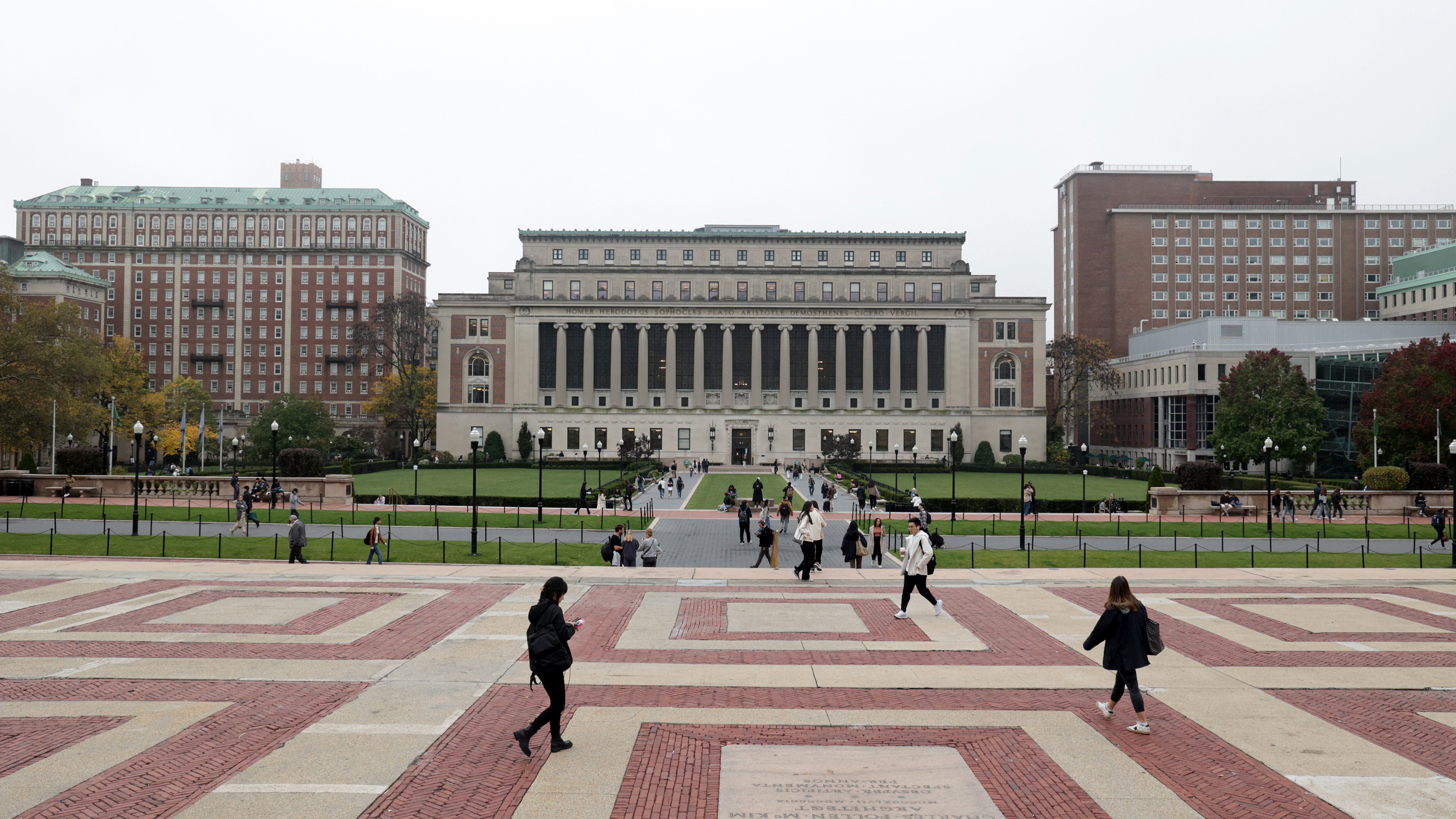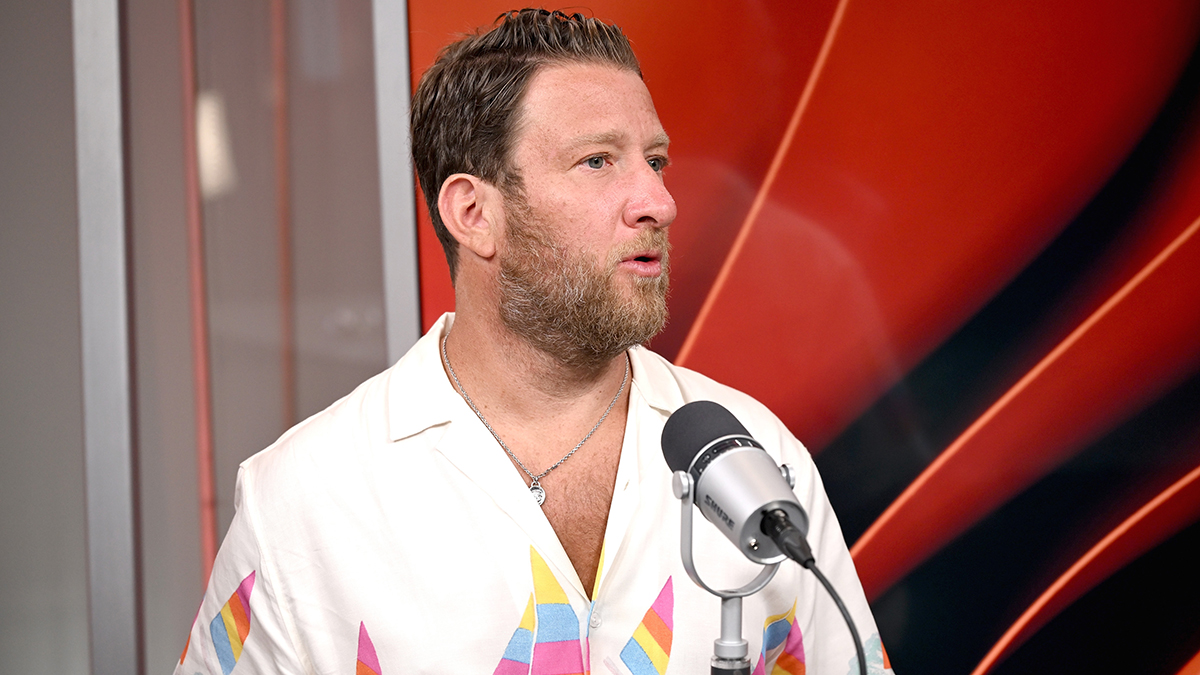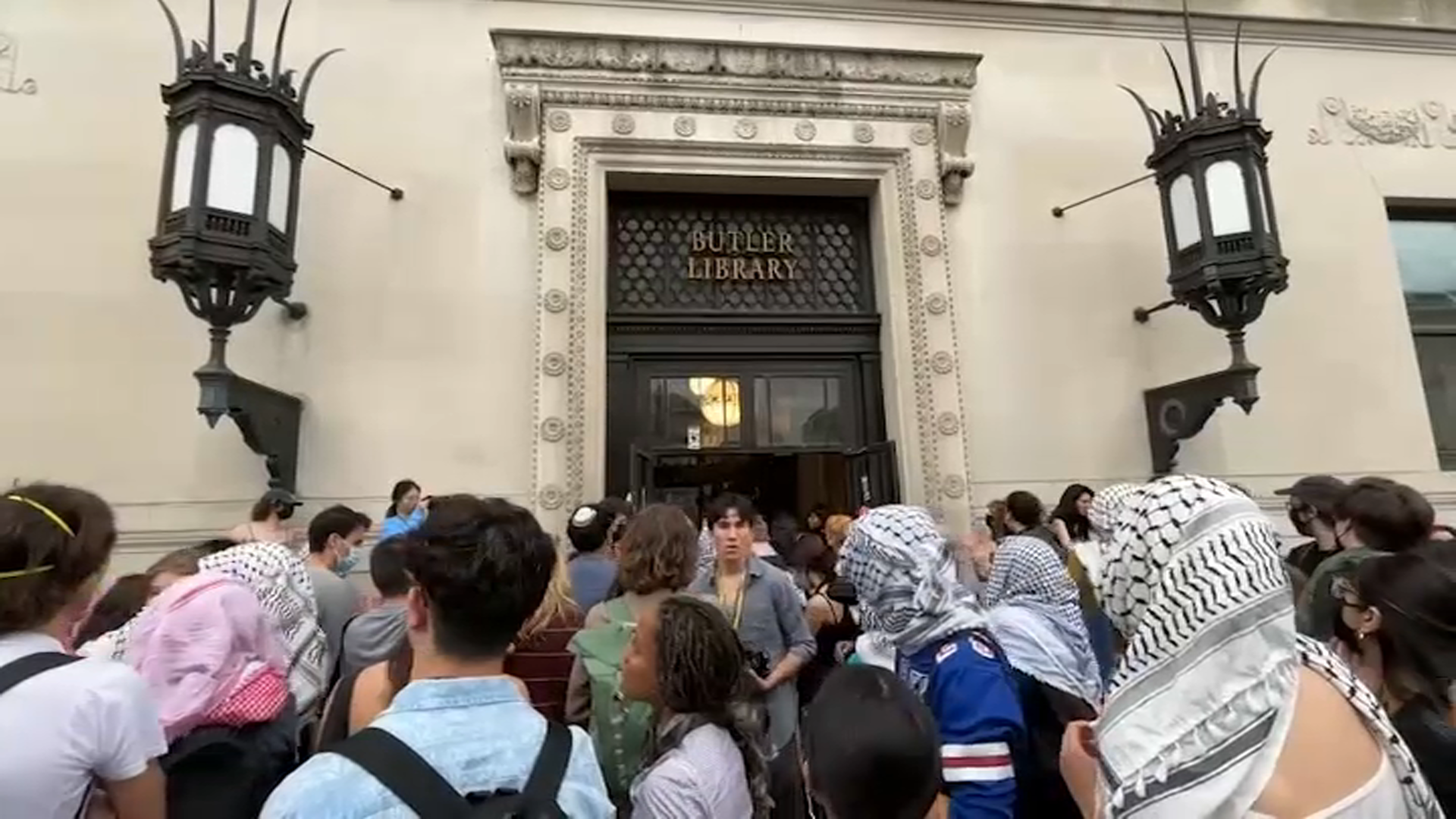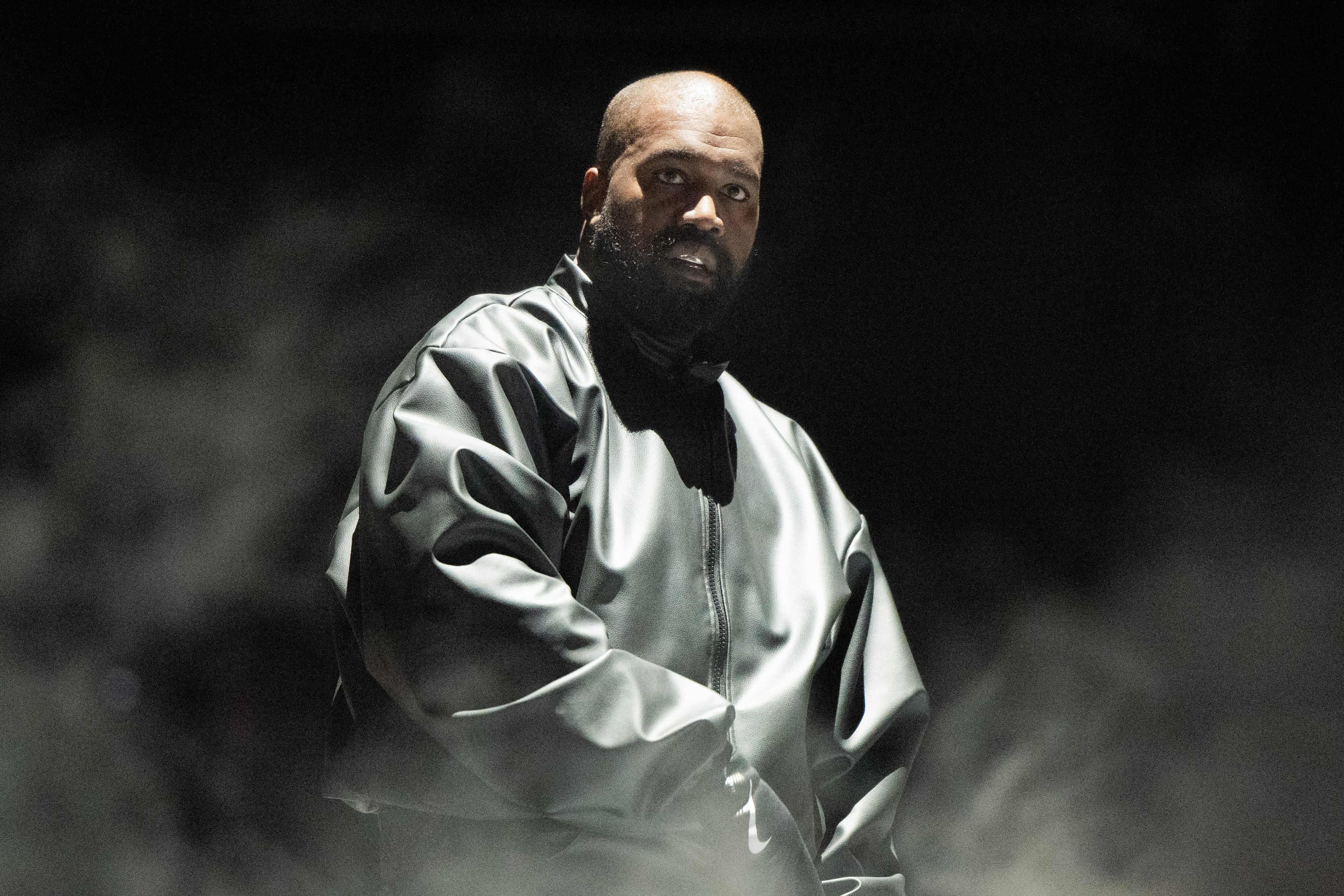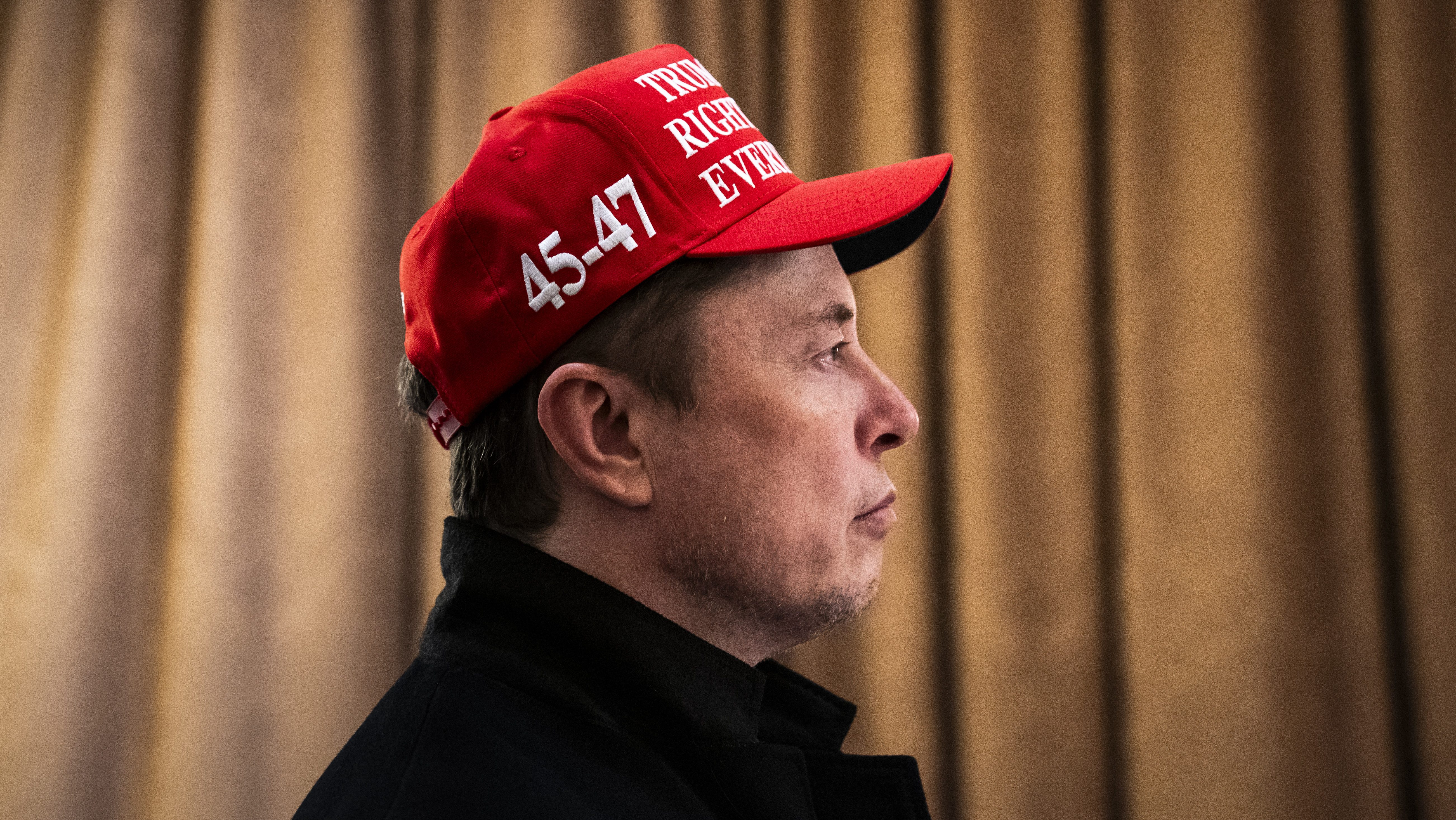Kehlani Concert Pulled: Antisemitism Controversy at Cornell
Kehlani Concert Canceled: Antisemitism Controversy Rocks Cornell
Introduction: A Campus Controversy Erupts
Oh, the drama! The hallowed halls of Cornell University are buzzing after the institution decided to pull the plug on R&B superstar Kehlani's upcoming performance at Slope Day, an annual celebration. But why? Well, it's a tangled web involving accusations of antisemitism and anti-Israel sentiments. Talk about a curveball! We’re diving deep into this controversy to understand what happened and why it’s causing such a stir. Cancel culture or legitimate concerns? Let's find out.
Kehlani and Slope Day: A Disrupted Celebration
The Initial Excitement
Imagine the excitement! Kehlani, a chart-topping artist, headlining Slope Day. Students were undoubtedly thrilled. Slope Day is a big deal at Cornell, a chance to let loose and celebrate the end of the academic year. Having a big-name artist like Kehlani was the cherry on top.
The Unforeseen Cancellation
Then, bam! The announcement drops: Kehlani's performance is canceled. It's like the air getting sucked out of the party balloon. The reason cited? Complaints directed at the University President regarding Kehlani's perceived antisemitic and anti-Israel viewpoints. Ouch.
The Allegations: What Sparked the Controversy?
Support for Palestine
Kehlani hasn't been shy about publicly supporting Palestinians. We've seen it. She’s used her platform to advocate for their cause, which, in itself, isn’t necessarily controversial. It's when these expressions are interpreted as promoting hate or violence that things get complicated.
The "Next 2 U" Music Video
This is where it gets tricky. In her "Next 2 U" music video, Kehlani performs in front of a Palestinian flag. Fair enough. But at the beginning of the video, the phrase "long live the intifada" appears. This is the key point of contention. The intifada, an Arabic word for "uprising" or "resistance," is often seen by some as a call for violence against Jews. Is this a fair interpretation? That’s where the debate starts.
Understanding the Intifada: A Contentious Term
Historical Context
The term "intifada" refers to two Palestinian uprisings against Israel. The First Intifada (1987-1993) and the Second Intifada (2000-2005) were marked by violence, including suicide bombings, stone throwing, and armed clashes. For many Israelis and Jewish people worldwide, the word "intifada" evokes images of terror and loss.
Different Perspectives
However, Palestinians view the intifadas as acts of resistance against occupation. They see it as a struggle for self-determination and freedom. So, you see, the term is loaded with different meanings depending on your perspective. Is Kehlani using it as a call to violence, or as a symbol of resistance? It’s all about interpretation, isn’t it?
Cornell's Response: Weighing the Concerns
Addressing the Complaints
Cornell University found itself in a tough spot. On one hand, they want to foster an environment of free expression and artistic freedom. On the other hand, they have a responsibility to ensure a safe and inclusive environment for all students, including Jewish students.
The Decision to Cancel
Ultimately, Cornell decided that the potential harm caused by Kehlani's performance outweighed the benefits. By canceling the performance, the university signaled that it takes allegations of antisemitism seriously. This was a difficult decision, no doubt, and one that has sparked considerable debate.
Free Speech vs. Hate Speech: A Fine Line
The First Amendment
Ah, the First Amendment – the cornerstone of free speech in the United States. But even free speech has its limits. The Supreme Court has ruled that certain types of speech, such as incitement to violence or hate speech that targets specific groups, are not protected.
Context Matters
So, where does Kehlani's expression fall? It's a grey area. The context in which the phrase "long live the intifada" is used is crucial. Is it being used to incite violence, or to express solidarity with Palestinians? That's the million-dollar question. The line between expressing political views and promoting hate can be incredibly thin.
The Impact on Kehlani's Career
Backlash and Support
The cancellation has undoubtedly had an impact on Kehlani's career. She's faced backlash from some who view her actions as antisemitic. But she's also received support from others who defend her right to express her political views.
A Broader Conversation
This incident has sparked a broader conversation about the role of artists in political discourse. Should artists be held accountable for their political views? Is it fair to boycott or cancel artists because of their opinions? These are complex questions with no easy answers.
The Campus Climate: A Divided Student Body?
Reactions from Jewish Students
It’s likely that Jewish students at Cornell have a range of reactions to this situation. Some may feel that the university made the right decision to protect them from hate speech. Others may feel that the cancellation infringes on Kehlani's freedom of expression.
Reactions from Pro-Palestinian Students
Similarly, pro-Palestinian students may feel that the university is silencing their voices and unfairly targeting Kehlani for her support of their cause. They might argue that the university is prioritizing the concerns of one group over another. It is often the case that controversies like this divide the campus community.
The University's Stance: Balancing Act
Commitment to Diversity and Inclusion
Universities like Cornell are always striving to create a diverse and inclusive environment. But what does that really mean in practice? How do you balance the rights of different groups with potentially conflicting views?
Navigating Complex Issues
It’s like walking a tightrope. Universities have to navigate these complex issues carefully, taking into account the concerns of all students and stakeholders. It's a tough job, and they’re often criticized no matter what decision they make.
Social Media's Role: Amplifying the Controversy
The Echo Chamber Effect
Social media has played a significant role in amplifying this controversy. The echo chamber effect, where people are primarily exposed to information that confirms their existing beliefs, can exacerbate divisions and make it harder to have constructive conversations.
Online Outrage and Polarization
Online outrage can quickly spiral out of control, leading to personal attacks and harassment. It's important to remember that there are real people behind these online debates, and that our words can have a significant impact. Social media can quickly turn a spark into a raging fire.
Similar Controversies: A Pattern Emerges
Other Artists and Political Statements
Kehlani isn't the first artist to face controversy for their political statements. Remember the Dixie Chicks and their criticism of the Iraq War? Or Colin Kaepernick and his kneeling during the national anthem? Artists have long used their platforms to express their views, and sometimes that leads to backlash.
The Consequences of Speaking Out
The consequences of speaking out can be significant, ranging from boycotts and cancellations to damage to reputation and career. But for some artists, the importance of expressing their beliefs outweighs the potential risks.
The Broader Implications: Art, Politics, and Accountability
The Responsibility of Artists
Do artists have a responsibility to be politically aware and responsible? Some argue that they do, that their influence comes with a duty to use their platform for good. Others argue that artists should be free to express themselves without fear of censorship or reprisal.
The Power of Interpretation
Ultimately, this controversy highlights the power of interpretation. Words and images can have different meanings for different people, and it's important to be mindful of the potential impact of our expressions. Context is everything, and nuance is often lost in the heat of the moment.
Moving Forward: Dialogue and Understanding
Promoting Open Communication
Perhaps the best way to move forward from this controversy is to promote open communication and dialogue. Creating spaces where people can share their perspectives and listen to each other respectfully is essential for fostering understanding and bridging divides.
Education and Awareness
Education and awareness are also key. Learning about different cultures, histories, and perspectives can help us to better understand the complexities of the Israeli-Palestinian conflict and other sensitive issues. Knowledge is power, and empathy is essential.
Conclusion: Key Takeaways and Future Considerations
The cancellation of Kehlani's Slope Day performance at Cornell University is a complex issue with no easy answers. It highlights the tensions between free speech, political expression, and the need to create a safe and inclusive environment for all. The controversy underscores the importance of understanding different perspectives, promoting open dialogue, and navigating the fine line between expressing political views and potentially causing harm. Moving forward, universities, artists, and the public must grapple with these issues thoughtfully and respectfully. The future of free expression and inclusivity on college campuses depends on it.
Frequently Asked Questions (FAQ)
-
Why was Kehlani's Cornell concert canceled?
The concert was canceled due to complaints alleging Kehlani expressed antisemitic and anti-Israel sentiments, particularly concerning the use of "long live the intifada" in a music video and public support for Palestine.
-
What does "intifada" mean and why is it controversial?
"Intifada" is an Arabic word meaning "uprising" or "resistance." It refers to two Palestinian uprisings against Israel. It's controversial because some view it as a call for violence against Jews, while others see it as a legitimate form of resistance against occupation.
-
Does supporting Palestine automatically mean someone is antisemitic?
No, supporting Palestinian rights doesn't automatically equate to antisemitism. However, criticism of Israel can cross the line into antisemitism when it employs stereotypes, demonizes Jewish people, or denies Israel's right to exist.
-
What role did social media play in this controversy?
Social media amplified the controversy, creating echo chambers and potentially contributing to online outrage and polarization. It made it more challenging to have nuanced discussions and understand different perspectives.
-
What can universities do to prevent similar situations in the future?
Universities can promote open dialogue, foster education about different cultures and perspectives, and establish clear guidelines for addressing concerns about potentially harmful speech while upholding principles of free expression.

